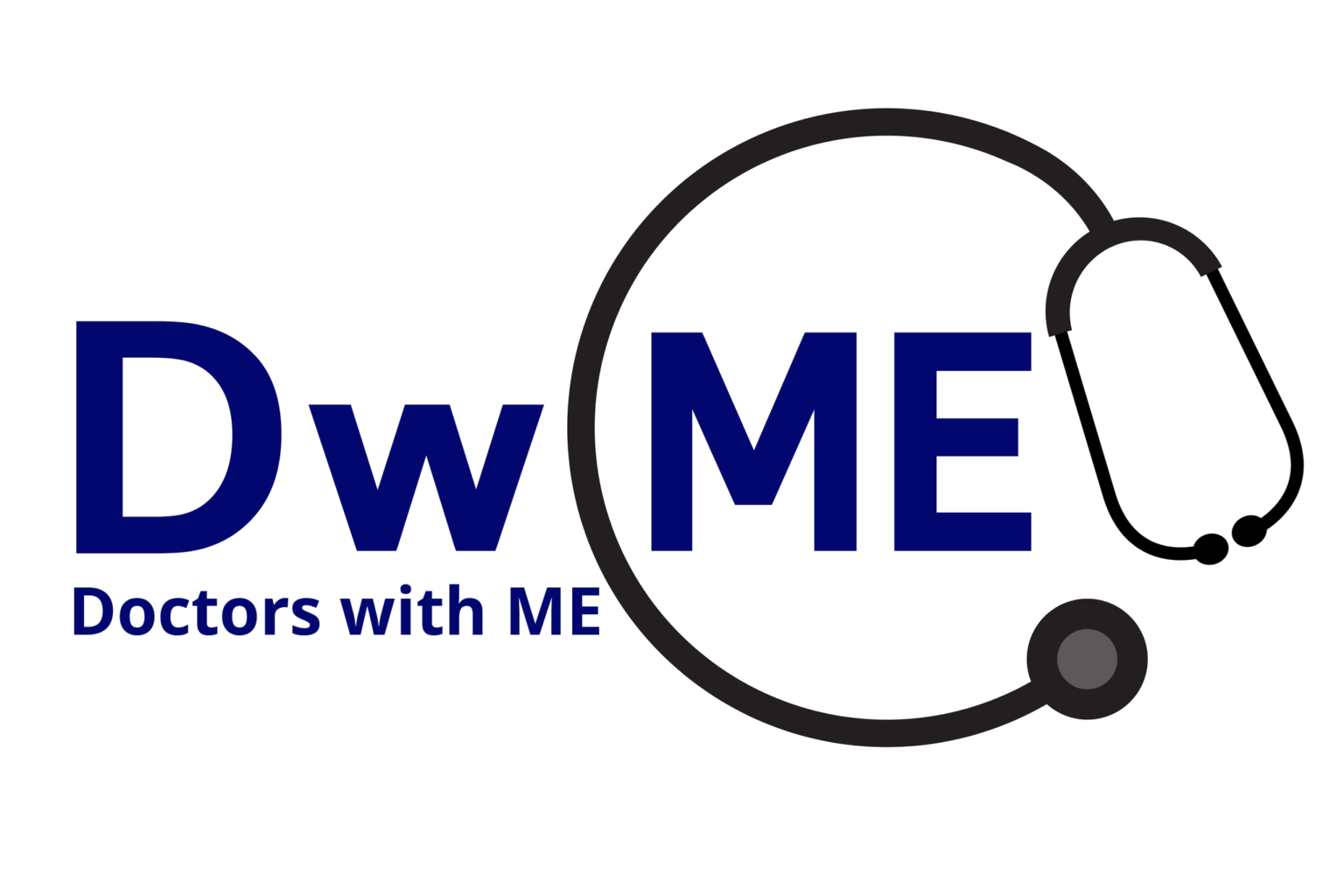The Doctors with M.E. Registrant Code is composed of two parts:
- Our Code of Ethics and Conduct, which our Registrants must adhere to
- Our Application Policy, which guides our wider decision making and interpretation of our Code of Ethics and Conduct
These are pursuant to our obligations under statute and wider professional standards.
Registrants of Doctors with M.E. will:
- Support and promote our mission and vision
- Observe ethical principles and conduct in any clinical / scientific / medical / educational research, practice, communication or audit
- Uphold and promote the highest scientific standards and probity
- Behave with integrity and probity in any field of work or conduct
- Treat fellows, associates, affiliates, collaborators, partners, supporters or any other party to a DwME relationship with courtesy and respect
- Treat patients and research subjects with courtesy and respect
- Not bring themselves or Doctors with M.E. into disrepute in any physical or online fora
- Not use the Doctors with M.E. logo without explicit permission from its Board of Governance
Anyone found to be in breach of this Code of Ethics in any part of their professional or other conduct, whether related to DwME or not, is likely to be expelled or have their contracts with DwME terminated without warning and at the entire discretion of the DwME Governance Board.
This agreement applies to both individual and corporate registrants. The Code of Ethics and Conduct or other relevant documentation may be updated from time to time, and it is the registrant’s responsibility to keep up-to-date with any changes, as published on our website.
We welcome all applications for registration.
Analogous to frontline services and other organisations, we are bound by statutory requirements that govern our decisions. These require us to:
- not assume unnecessary risks or liabilities.
- not undermine the defined statutory community interest that our mission and vision serve.
We are thus required to reject applications from individuals who risk breaching these obligations. In particular, we are obligated to exclude individuals or organisations that have prejudicially low standards of scientific process, probity or discipline. We may also require demonstration of significant adoption of requisite standards and/or specific public repudiation of past failings in the field.
These requirements, or others that the Board deem necessary, are determined by the scientifically prejudicial and discriminatory history of this field. High profile and/or insistent examples of contra-scientific behaviour have undermined the field. These include promotion of low standards, misselling of conclusions, interference in careers of scientists who insist upon minimal standards or manipulation of review mechanisms to evade scientific process. This has even included examples of temporary interest in scientific consensus, which is later replaced by highly publicised reversion to very low standards without scientific accountability.
This list of events and their risks of reoccurence is not exhaustive.

